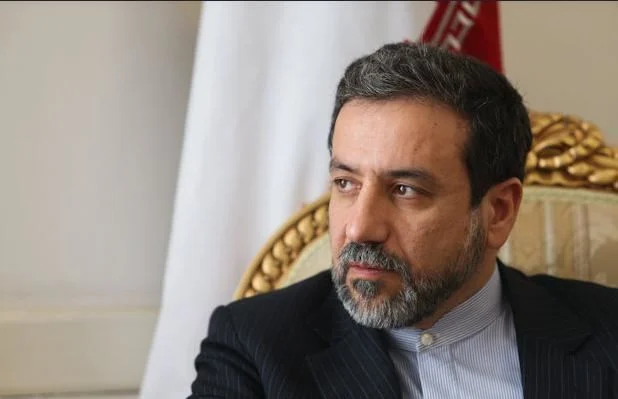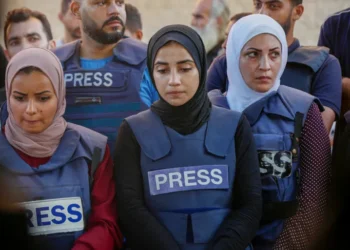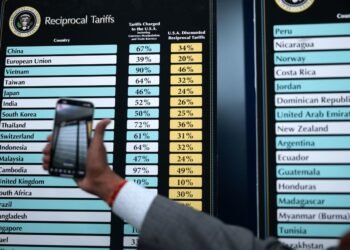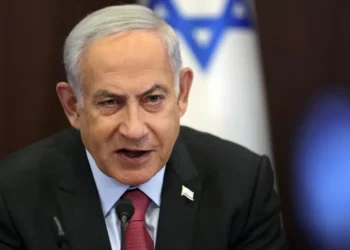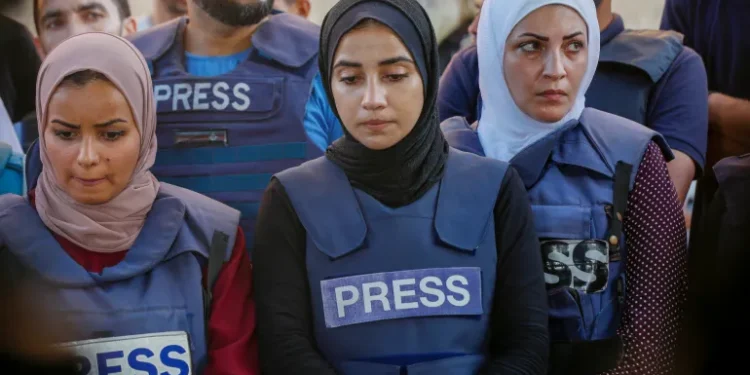Iranian Foreign Minister, Abbas Araghchi has rejected the prospect of direct negotiations on its nuclear programme with the United States amid mounting tensions between the two countries.
Araghchi’s remarks came in a statement on Sunday, April 6, 2025, after Trump said last month in a letter sent to Iran’s Supreme Leader Ayatollah Ali Khamenei that he hoped there would be a negotiation between their countries aimed at preventing Tehran from acquiring nuclear weapons.
Trump upped the ante last week, saying, “If they don’t make a deal, there will be bombing.”
The US President said that he would prefer to hold “direct talks” with Iran. “I think it goes faster, and you understand the other side a lot better than if you go through intermediaries,” he argued.
However, Tehran, which maintains that it is not seeking a nuclear weapon, has so far rejected Washington’s overtures, saying that it is open to indirect diplomacy – a stance repeated by Araghchi in Sunday’s statement.
In his statement, Araghchi questioned Washington’s sincerity in calling for negotiations. He said, “If you want negotiations, then what is the point of threatening?”
Western countries, led by the US, have for decades accused Tehran of seeking to acquire nuclear weapons.
In 2018, during his first term as President, Trump nixed the Joint Comprehensive Plan of Action, a deal between Iran and the permanent members of the United Nations Security Council that gave Iran sanctions relief in exchange for curbs on its nuclear programme.
Iran has since rolled back on its commitments under the agreement, amassing enough fissile material for multiple bombs, according to the International Atomic Energy Agency, which carries out inspections of Iranian nuclear sites.
Iran says its nuclear activities are solely for civilian purposes.
Israel, the top US ally in the region, is widely believed to have an undeclared nuclear arsenal.
Meanwhile, Tehran’s position in the region appears to have weakened amid the ongoing war in Gaza and beyond, with Israel’s decimation of Hezbollah’s leadership in Lebanon, and the toppling of another key partner, Syrian President Bashar al-Assad, last year.
Iran Seeks Negotiations On “Equal Footing”

Moreover, Araghchi said that Iran wanted to negotiate on an “equal footing” with the US.
He stressed that Iran was willing to pursue dialogue on its nuclear program and the lifting of sanctions, “based on the logic of trust-building in exchange for the lifting of oppressive sanctions against Iran.”
“In principle, direct negotiations with a party that constantly threatens to resort to force in violation of the UN Charter and that expresses contradictory positions by its various officials would be pointless, but we remain committed to diplomacy and are willing to try the path of indirect negotiations.”
Abbas Araghchi
He added that Iran keeps itself prepared for all possible or probable events, and just as it is serious in diplomacy and negotiations, it will also be decisive and serious in defending its national interests and sovereignty.
He noted that Iran’s response to the US President’s letter was tailored to the content and tone of his letter, while at the same time preserving the opportunity to use diplomacy.
On Monday, Ali Larijani, a close adviser to Supreme leader Ayatollah Ali Khamenei, warned that while Iran was not seeking nuclear weapons, it would “have no choice but to do so” in the event of an attack against it.
Similarly, Hossein Salami, the Head of the Islamic Revolutionary Guard Corps, as that the country will not initiate war but was “ready” for any war.
Earlier, Iranian President, Masoud Pezeshkian blamed the United States for contradictions in its approach to negotiations and criticized threats from Washington.
READ ALSO: Ghana, IMF Begin Fourth Review Mission Amid Economic Reforms

